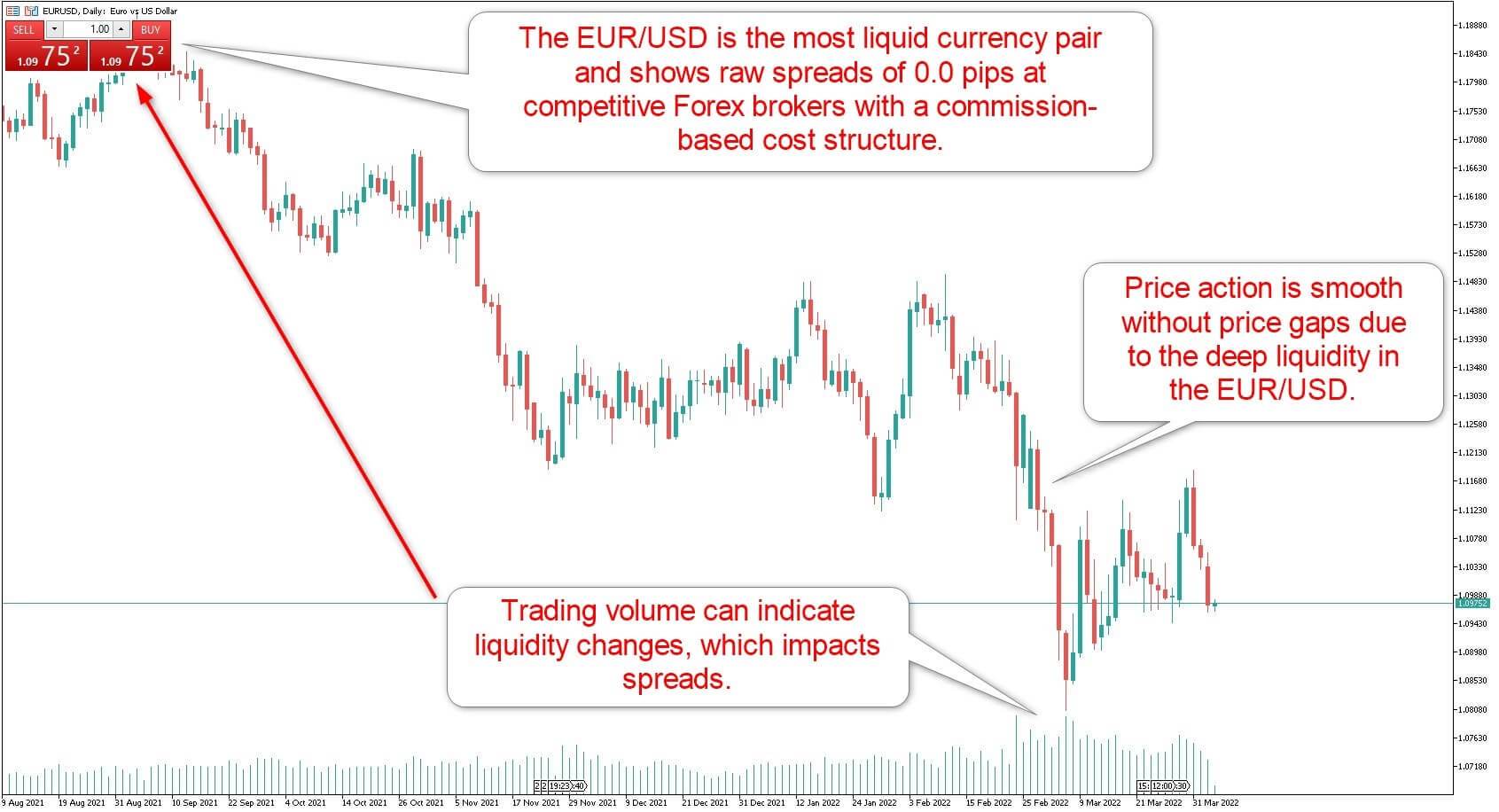
There are a few things you should consider when choosing a forex broker. You should have at least two sources of liquidity available to a broker. A broker should have at least two sources of liquidity to offer liquidity in different asset types. Some brokers do not have the skills to build this technology themselves. Many use contractors to help them build back-office functionality and payment systems. This dependence can make it difficult for you to switch providers.
XTB
XTB is one of the most well-known brokers in the forex market, with more than 500,000 retail investors trusting its services. The brokerage offers excellent customer service, with phone support available Monday through Friday and live chat on weekends. This is why Plus500 is better than XTB, as it offers 24-hour access. Our reviews will help you decide if Plus500 is the best forex broker.

CMC Markets
CMC Markets is an excellent option for anyone who wants to trade foreign currencies but isn't sure how to do it. This website has links to help you register. Your name, address, national identification number, and tax status are required. Once you've registered, you'll need to verify your personal information by filling out the necessary fields.
Soft-FX
Soft-FX, a fintech company that has over 8 years experience in the development of IT products, is innovative. The company's solution is designed to be secure and robust against hacker attacks and DDoS attacks. Its API works with Web Sockets, FIX and SFX protocols. Clients can act as consumers. You can manage clients' accounts with its unique liquidity aggregation technology.
XETRA
A XETRA forex broker is a trusted choice if you're in search of a forex broker who has a reputation for integrity. Deutsche Borse AG owns Xetra, a pan-European trading platform. It allows you to trade a wide range securities quickly, efficiently, and at a low cost. There are many benefits to using a Xetra Broker, including high turnover and low-cost trading.

XM
XM offers trading in 57 currency pairs. Spreads start at 0 pips and no requotes are required. XM also offers 17 commodity markets, including energy, soft and hard currencies. CFDs are available for all commodities. Conversion fees are not charged. They also offer CFD trading on 30 global indices, including gold, silver, and crude oil.
FAQ
Are bonds tradable?
The answer is yes, they are! You can trade bonds on exchanges like shares. They have been traded on exchanges for many years.
The main difference between them is that you cannot buy a bond directly from an issuer. You will need to go through a broker to purchase them.
This makes buying bonds easier because there are fewer intermediaries involved. You will need to find someone to purchase your bond if you wish to sell it.
There are many types of bonds. There are many types of bonds. Some pay regular interest while others don't.
Some pay interest quarterly while others pay an annual rate. These differences make it easy compare bonds.
Bonds can be very useful for investing your money. Savings accounts earn 0.75 percent interest each year, for example. The same amount could be invested in a 10-year government bonds to earn 12.5% interest each year.
If you put all these investments into one portfolio, then your total return over ten-years would be higher using bond investment.
How does inflation affect the stock market?
Inflation is a factor that affects the stock market. Investors need to pay less annually for goods and services. As prices rise, stocks fall. You should buy shares whenever they are cheap.
What is a Stock Exchange, and how does it work?
Stock exchanges are where companies can sell shares of their company. This allows investors to buy into the company. The market decides the share price. The market usually determines the price of the share based on what people will pay for it.
The stock exchange also helps companies raise money from investors. Companies can get money from investors to grow. They do this by buying shares in the company. Companies use their funds to fund projects and expand their business.
Stock exchanges can offer many types of shares. Some shares are known as ordinary shares. These are most common types of shares. Ordinary shares are bought and sold in the open market. Shares are traded at prices determined by supply and demand.
Other types of shares include preferred shares and debt securities. When dividends are paid, preferred shares have priority over all other shares. These bonds are issued by the company and must be repaid.
Statistics
- Individuals with very limited financial experience are either terrified by horror stories of average investors losing 50% of their portfolio value or are beguiled by "hot tips" that bear the promise of huge rewards but seldom pay off. (investopedia.com)
- "If all of your money's in one stock, you could potentially lose 50% of it overnight," Moore says. (nerdwallet.com)
- Even if you find talent for trading stocks, allocating more than 10% of your portfolio to an individual stock can expose your savings to too much volatility. (nerdwallet.com)
- Ratchet down that 10% if you don't yet have a healthy emergency fund and 10% to 15% of your income funneled into a retirement savings account. (nerdwallet.com)
External Links
How To
How to Invest in Stock Market Online
The stock market is one way you can make money investing in stocks. There are many ways you can invest in stock markets, including mutual funds and exchange-traded fonds (ETFs), as well as hedge funds. Your investment strategy will depend on your financial goals, risk tolerance, investment style, knowledge of the market, and overall market knowledge.
To become successful in the stock market, you must first understand how the market works. Understanding the market and its potential rewards is essential. Once you understand your goals for your portfolio, you can look into which investment type would be best.
There are three types of investments available: equity, fixed-income, and options. Equity refers to ownership shares in companies. Fixed income can be defined as debt instruments such bonds and Treasury bills. Alternatives include commodities, currencies and real estate. Venture capital is also available. Each option has its pros and cons so you can decide which one suits you best.
Two broad strategies are available once you've decided on the type of investment that you want. One strategy is "buy & hold". You purchase some of the security, but you don’t sell it until you die. Diversification is the second strategy. It involves purchasing securities from multiple classes. If you purchased 10% of Apple or Microsoft, and General Motors respectively, you could diversify your portfolio into three different industries. Buying several different kinds of investments gives you greater exposure to multiple sectors of the economy. This helps you to avoid losses in one industry because you still have something in another.
Risk management is another crucial factor in selecting an investment. You can control the volatility of your portfolio through risk management. If you were only willing to take on a 1% risk, you could choose a low-risk fund. A higher-risk fund could be chosen if you're willing to accept a risk of 5%.
Knowing how to manage your finances is the final step in becoming an investor. You need a plan to manage your money in the future. A good plan should include your short-term, medium and long-term goals. Retirement planning is also included. You must stick to your plan. Do not let market fluctuations distract you. Stick to your plan and watch your wealth grow.